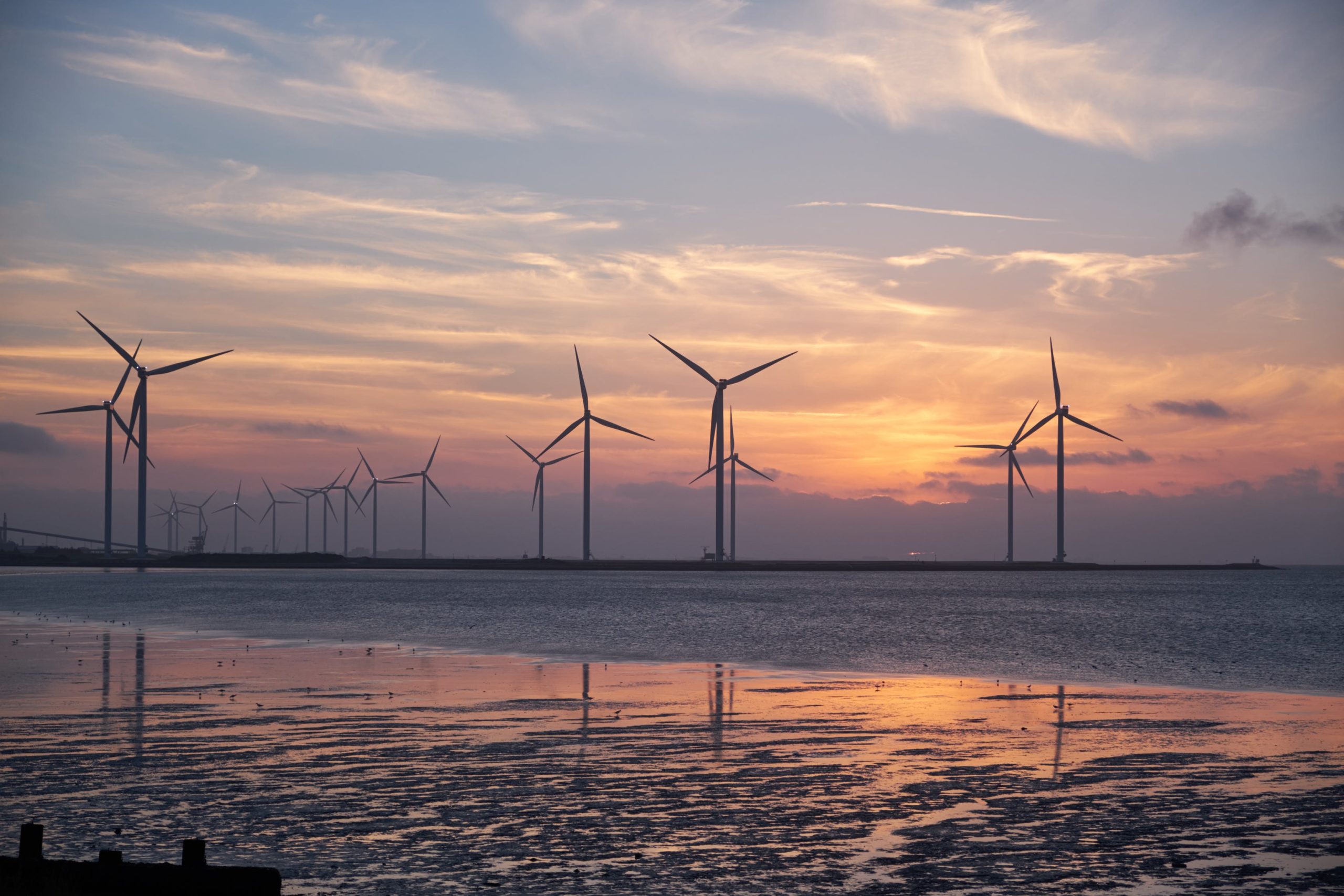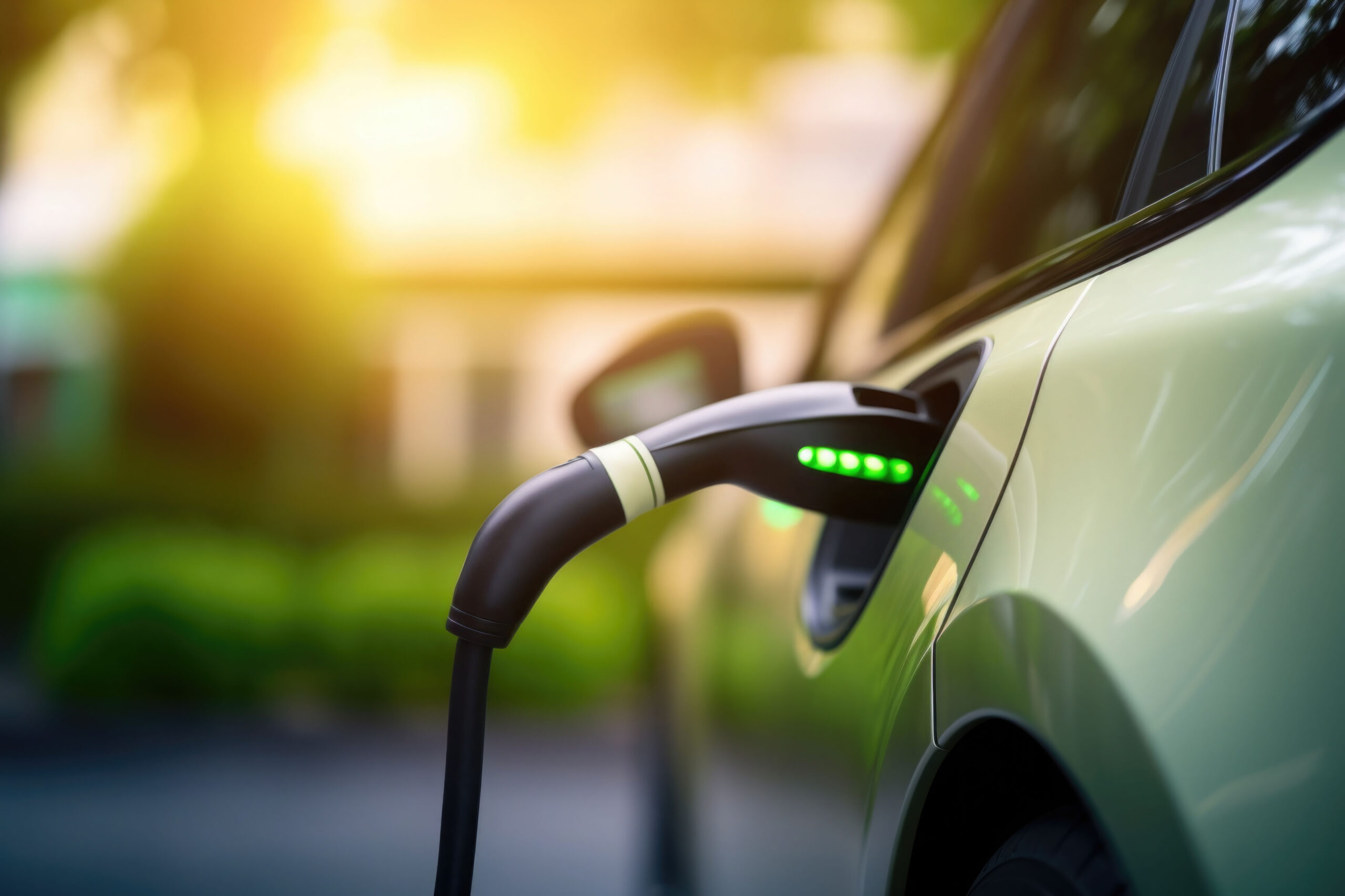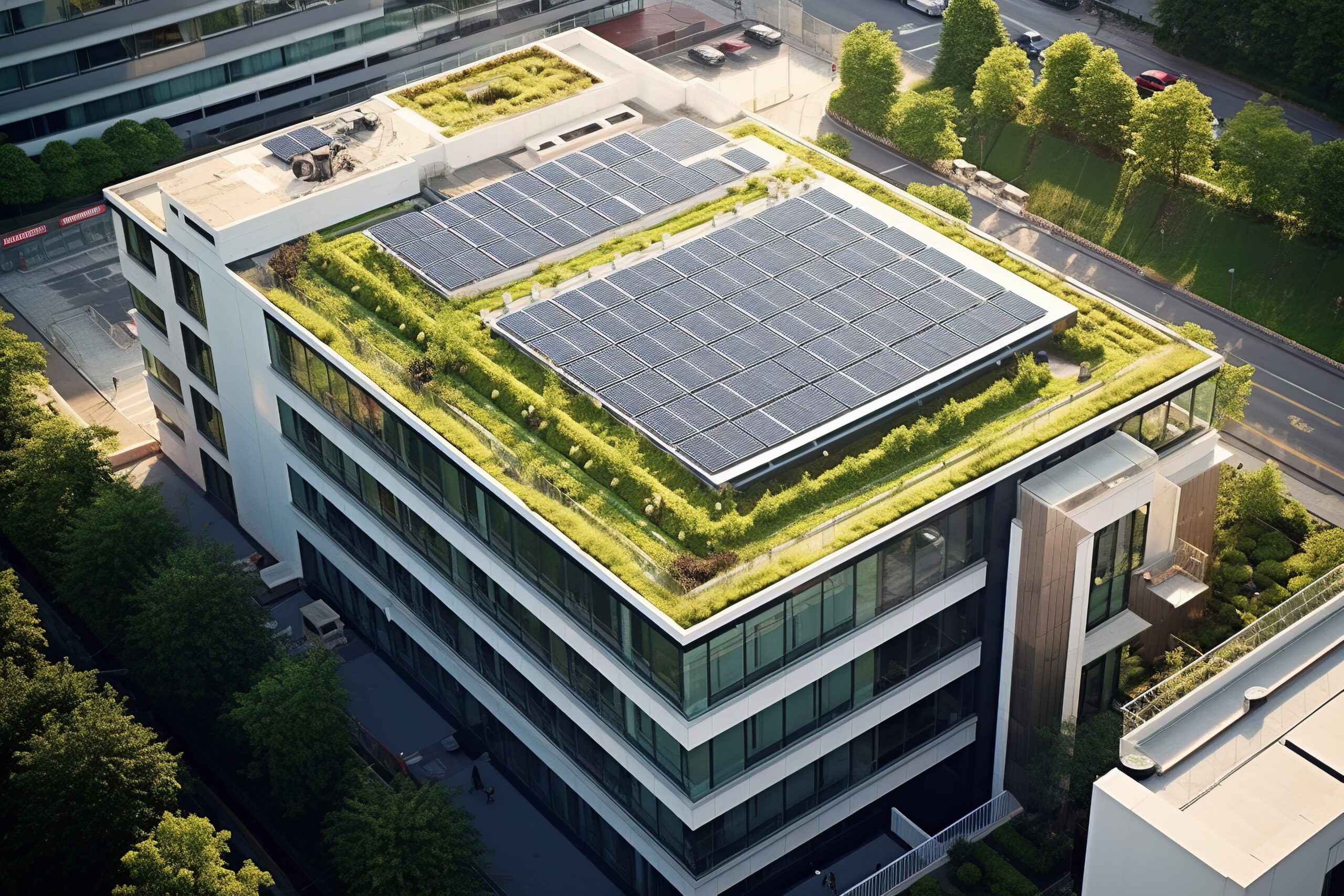
A new take on energy transition as we kick-start the economy
An improvement in air quality, a drop in pollution… The benefits of lockdown on the environment were observed within just a few days of economic activity decreasing, further boosting awareness of the issue. During the almost two-month period, there was plenty of time to think about what the post-crisis world could look like and propose recovery models showcasing ecological transition, seen as a possible driving force for a more virtuous economic recovery in numerous countries and industries.
Whether citizens, companies or politicians, people are taking action to promote a green recovery strategy, in an effort to establish a more sustainable, responsible economy. The crisis revealed the flaws of a system characterised by shortcomings on an ecological level, and more and more people are now speaking out, suggesting solutions. Let’s take a quick look at these initiatives seeking to achieve a more environmentally-sustainable future.
The sanitary crisis is fostering reflection on the emergence of new energy models
The sanitary crisis has brought various calls together for an acceleration of the energy transition, both in France and abroad. Industry, transport, energy and construction are all sectors which could move towards models with a lower environmental impact. While the French economy is currently in turmoil, numerous players believe that renewable energy sources have a role to play in a positive economic recovery. According to the IRENA report, they could generate 100,000 billion dollars by 2050.
With this in mind, the French government published its energy roadmap, reasserting its goal of staying on course regarding ecological change. To this end, the “programmation pluriannuelle de l’énergie” (PPE – French multi-annual energy plan) for 2019 – 2028 “was adopted” according to a decree published in the French Official Journal on 23 April. In order to take into account the Energy-Climate law, the text was amended several times both before and during the crisis, in particular providing for carbon neutrality in France by 2050.
The text also seeks to extend the ecological transition by going over and above the European objective to reduce Greenhouse Gas (GHG) emissions by 2030. To achieve this, emphasis is placed on reducing the percentage of fossil fuels in the energy mix by 40% and increasing renewable energy up to 33% by 2035.
The –High Council for Climate (HCC) details several interesting avenues for reflection on this topic, in particular in the construction industry, responsible for 18% of national GHG emissions. In this respect, renovating existing buildings is a major part of this green recovery. To do so sustainably, RE2020 (Environmental Regulation 2020) proposes the generalisation of low carbon construction given that the sector is still highly dependent on fossil fuels, in particular for heating, as underlined by the HCC. The latter hopes to achieve a high average energy performance level by 2050, implying a huge increase in building renovation.
RE2020 is therefore striving to accelerate the move away from fossil fuels in favour of low-carbon energy. It concentrates on three areas: decreasing the carbon footprint of buildings, continuing to improve their energy performance and guaranteeing coolness during very hot summers, therefore limiting the need for air-conditioning which is particularly energy-hungry. Finally, the HCC underlines that “investments must be focussed on social and technological innovation, energy efficiency and resilient infrastructure promoting low-carbon uses and solutions based on the health of ecosystems.”
As for the Citizens’ convention for ecological transition, an assembly of 150 French citizens, the aim is to prepare an “environmentally-sustainable way out of the crisis”. To do so, it proposes, among other things, making it obligatory for owners to carry out complete energy renovations of buildings by 2040. Positive consequence: GHG emissions from the residential and tertiary sector, representing 16% of national emissions, would be halved. This proposal is in keeping with that of HCC experts, considering the investment in energy efficiency and the fight against fuel poverty as priorities in the post-Covid-19 world.
A new innovation model to ensure sustainability
In France, the sanitary crisis created a new dynamic within companies, characterised by collaborations and an ability to review operating methods and adapt processes.
In order to reduce their energy consumption, numerous sectors are relying on technological innovations such as smart objects or virtual modelling in construction. In light of the recovery objectives defined, companies will definitely seek to develop new technologies allowing them to reduce their energy consumption in the coming years and develop new markets.
In the transport sector, various innovations capable of making the use of renewable energy solutions viable, including designing solar-powered vehicles or developing batteries which produce less pollution, are other promising initiatives.
In fine, the economic recovery will be able to rely on innovations promoting energy efficiency, which would ensure a sustainable and responsible economic kick-start. In a short book called “Tracts de crise” published on Tuesday, 28 April 2020, Bruno Le Maire, the French Minister of Economic Affairs and Finances, calls for a “green recovery plan for a low-carbon economy”.

